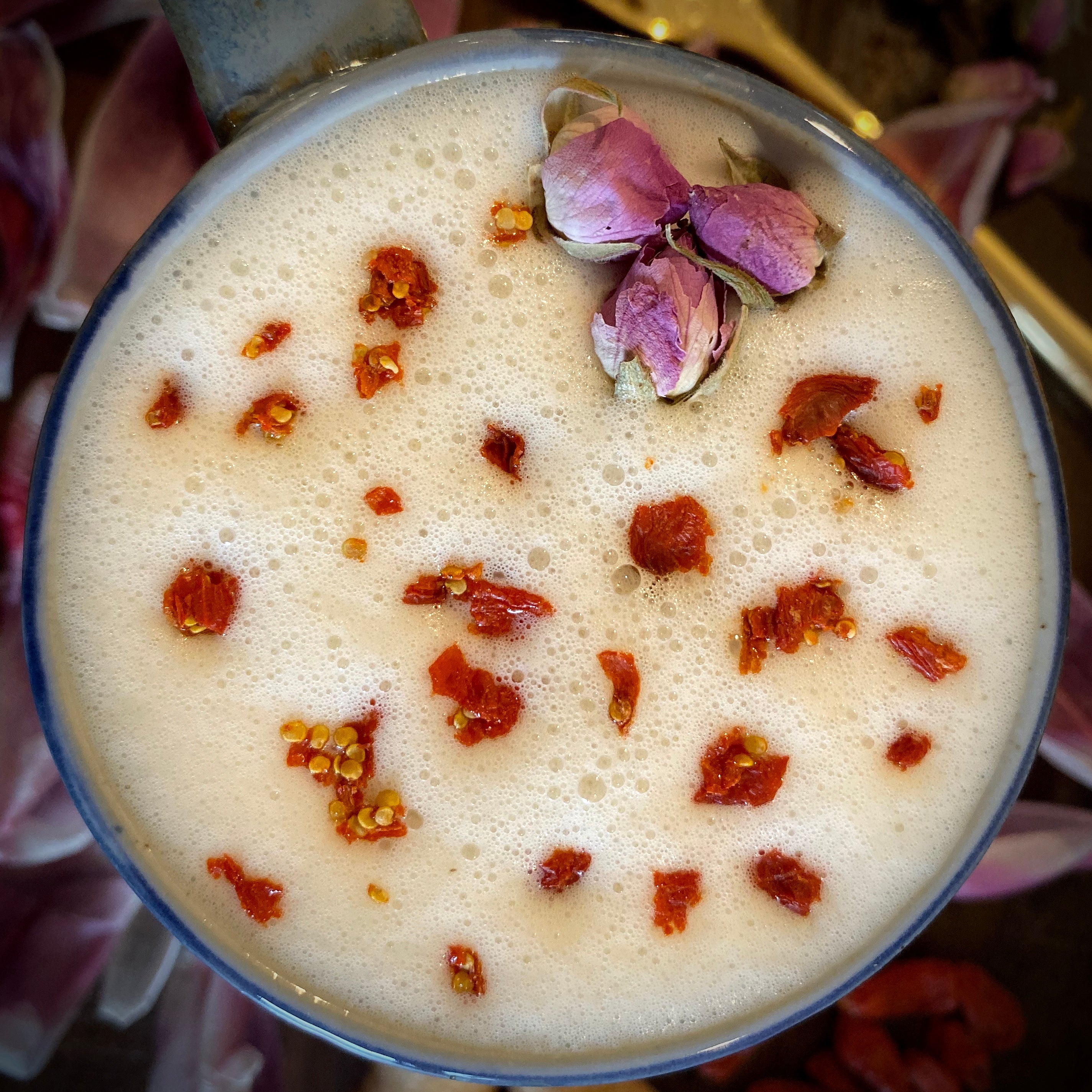August 26, 2013
Ever wonder how acupuncture works? As an acupuncturist I know that acupuncture works because I witness the profound effects it has on people on a daily basis. Curious people will ask me how it works while others are just content knowing that they feel better and don’t really care to know the details of it all.
We are at a unique time, kinda at a crossroads in the world of health and medicine. I often find myself in the middle of having to describe how acupuncture works in both eastern theory and western scientific terms. For example, the treatment of stress related disorders in Oriental Medicine is usually referred to as “liver qi stangation” or “liver attacking the spleen.” But what the heck does this really mean in terms of science and biology?
Researchers at Georgetown University Medical Center (GUMC) may have figured it out.
In a study researchers used electro-acupuncture to stimulate the acupoint Zusanli (ST36), a point that is traditionally used to harmonize and alleviate stress in the body. They then measured blood levels of proteins and hormones such as neuropeptide y and norephinephrine secreted from the sympathetic nervous system and cortisol and ACTH coming from the hypothalamus pituitary adrenal (HPA) axis that are known to be involved with the stress response.
What they found was that acupuncture did indeed block the stress-induced elevated levels of the HPA axis hormones.
You can read a summary of the study here and here.
It is important because chronic stress is a precursor to a very long list of diseases. By using acupuncture to balance the HPA axis and nervous system now, you may prevent serious diseases and uncomfortable symptoms from arising in the future.
L. Eshkevari, E. Permaul, S. E. Mulroney. Acupuncture Blocks Cold Stress-Induced Increase in Hypothalamus-Pituitary-Adrenal Axis in Rat. Journal of Endocrinology, 2013; DOI: 10.1530/JOE-12-0404
December 21, 2019 0 Comments
With a vast drop in temperature, darker skies and rainy days, winter is the most yin of all the seasons. It is associated with the kidney and bladder organs, the color black, the element water, the emotion fear, and salty and bitter flavors.
December 06, 2019 0 Comments

Goji berries are one of the most well known Chinese herbs in the US. Used for over 2000 years in China, they were first mentioned in the Shen Nong Ben Cao Jing, the oldest known book on Chinese herbs in 200 BC. They are prized for their ability to tonify blood and yin without causing stagnation. Consumed daily in China as a food and herbal medicine, goji berries are revered for their anti-aging properties. They are used in many beauty tonics.